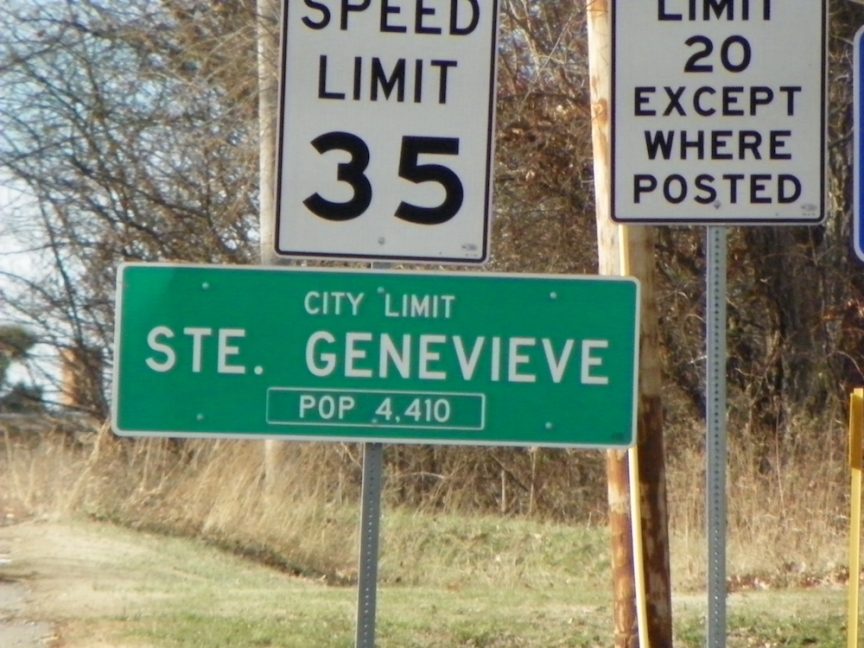A small county in Missouri is torn between grading or paving its unpaved roads. A custom soil stabilization strategy and application program from Midwest represents a better solution.
Recently, the Ste. Genevieve County Commission debated whether to invest in additional road graders for the small Missouri county’s unpaved gravel roads.
In the past, Ste. Genevieve County has used four graders to maintain more than 180 miles of unpaved surface. Since the county has paved over some of its gravel routes in recent years, it has considered selling one of its graders to raise additional funds for road maintenance and improvements.
The simple truth, however, is that the county doesn’t face an either-or proposition. Rather than pave or grade its roads, Ste. Genevieve County should turn to alternative road building methods to strengthen and stabilize its roads. In fact, a road building program backed by a proven strategy and the right soil stabilization product is the most cost-effective investment the county could make.
The Basics of Grading
Ste. Genevieve County has long relied on graders to manage its gravel roads. By leveling out a surface as they cross it, these machines create a smooth and flat foundation for unpaved roads and a solid roadbed for paved ones. Graders can also be used to reshape road surfaces after they’ve been formed, allowing water to drain adequately.
Depending on usage, unpaved roads must be graded between three and twelve times a year. A brochure from Maryland’s Carroll County estimates that gravel road maintenance, including grading and drainage, costs about $8,000 per mile annually. While that might seem like a cost-effective investment, keep in mind that graders themselves cost $60,000 to $200,000. Without even considering operating costs, it’s clear that the cost of heavy machinery needed to keep unpaved roads maintained quickly outweighs the original savings.
Uneven Ground
Aside from its cost, grading can also be an ineffective solution to maintenance challenges. It’s particularly problematic when paired with watering, a common dust control tactic. As the name suggests, watering involves the washing of roads with water in an effort to limit dust emissions. Unfortunately, watering usually washes away the fines that hold unpaved roads together, allowing more dust to escape and contributing to erosion.
As potholes and rutting eat into the road, grading becomes more difficult and can even cause further damage. As roads begin to fragment, additional fill material must be brought in to supplement the lost gravel, clay, and other materials that make up unpaved surfaces. This supplementary road aggregate is almost always of lower quality than the road’s original material, but it will make up more and more of the road with each grading. In effect, grading can contribute to the damage that it’s designed to prevent and shorten the service life of an unpaved road.
Making the Grade
After paving 18 miles of road in 2017, Ste. Genevieve County paved another 23.76 miles in 2018. Nevertheless, it’s keeping its graders on hand to manage the hundreds of miles of gravel roads still in its purview.
However, the county could consider skipping paving or grading altogether. For over four decades, Midwest Industrial Supply, Inc. has developed custom soil stabilization strategies and managed application programs for community and rural village roads across the country.
Backed by our innovative soil stabilization technology, our products bind with the road’s native soils to engineer a strong and durable surface that can withstand heavy pressure and foul weather alike. In the process, the proper application of these products eliminates the need for grading and paving altogether.
Since every community has different needs, we test and evaluate the roadbed to determine which products are best suited to your village or township. If you’re looking to save on grading and paving, a custom soil stabilization program built by the experts at Midwest can make your unpaved roads as reliable and durable as paved asphalt.

